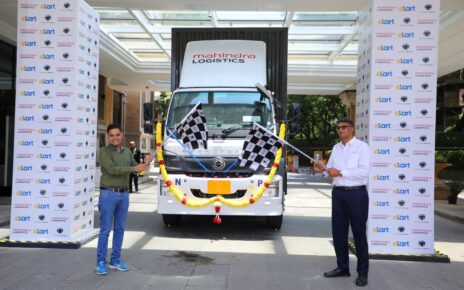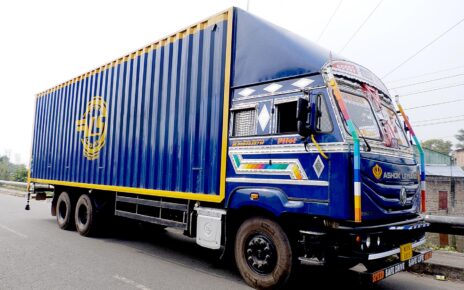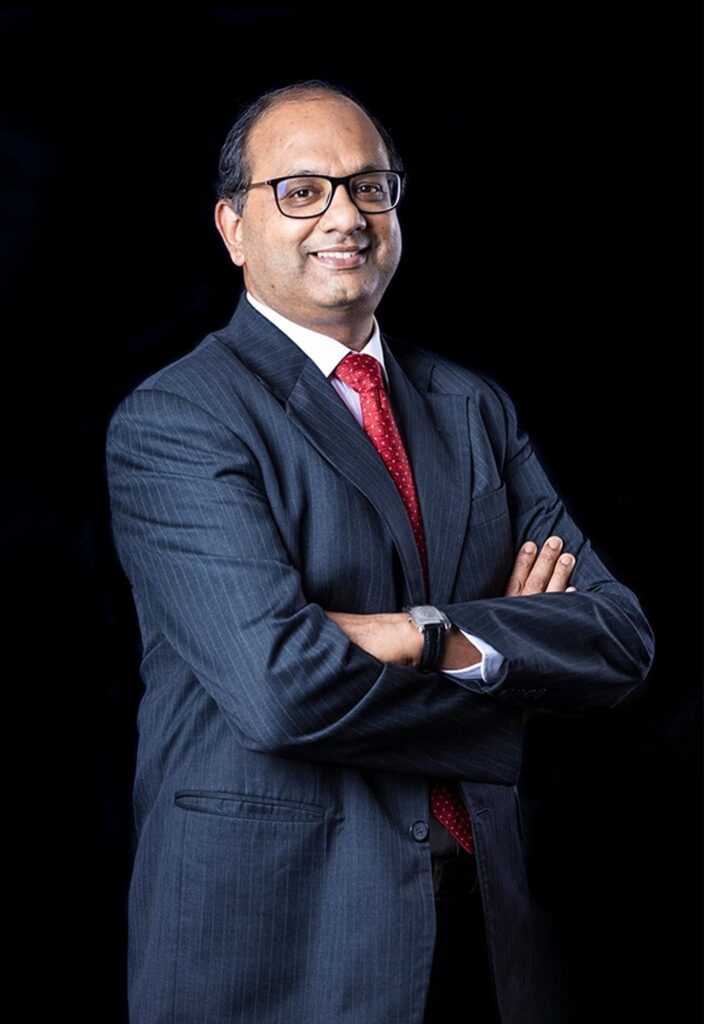
Middle East & Africa, TVS Supply Chain Solutions (TVS SCS)
As the Indian logistics sector navigates a phase of rapid transformation, industry leaders are charting new strategies to meet evolving customer demands, leverage technology, and optimise cost efficiencies. In this interview with N. Balasubramanian, Sukumar K, CEO – India, Middle East & Africa, TVS Supply Chain Solutions (TVS SCS), offers a comprehensive view of these shifts, backed by the company’s own growth story and innovation-led approach.
Shaping the Logistics Landscape
Sukumar identifies four dominant trends redefining the Indian logistics ecosystem. “Cost optimisation remains front and centre, with a clear national ambition to bring logistics cost to a single-digit percentage of GDP,” he notes. Improved highway infrastructure, higher-capacity trucking and faster transit times are enabling this shift.
The second trend is digitalisation, now integral to every aspect of logistics. “Today, except for the physical act of loading or unloading, all processes – from indenting to documentation to tracking – are electronic, often integrated with government platforms like Sarthi and Vahan. At TVS SCS, our proprietary transport management system links seamlessly with ULIP to source and process data,” he explains.
Flexibility is the third key driver. Post-pandemic, customers increasingly prefer variable, output-based models over fixed trucking arrangements, adapting capacity to seasonal or cyclical demand. The fourth emerging trend is the gradual adoption of alternate fuels, including EVs, CNG and, in future, hydrogen cell-based vehicles, though Sukumar believes “it’s still early days” for these in large-scale logistics operations.
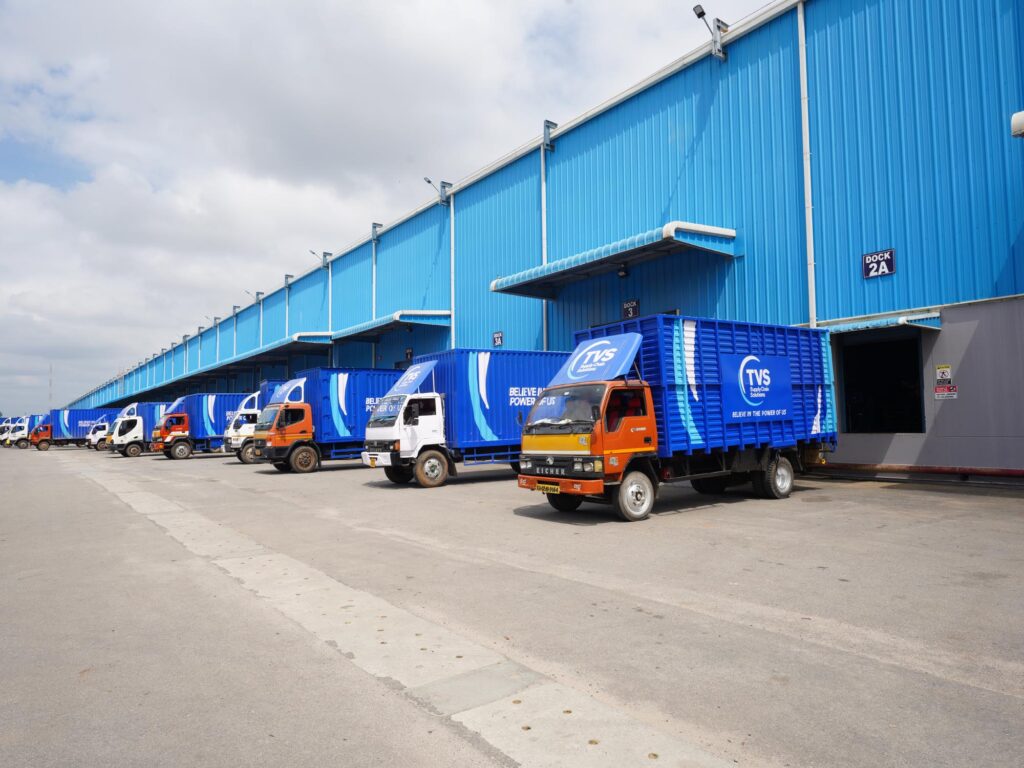
A Strong FY25 Performance
TVS SCS delivered a notable turnaround in FY25, with profitability on the rise. Sukumar attributes this to productising the company’s offerings across both production and aftermarket supply chains. “We are not just a vanilla logistics provider. We deliver total supply chain solutions – covering everything from returnable packaging and manufacturing support to finished goods distribution and aftermarket spares delivery,” he says.
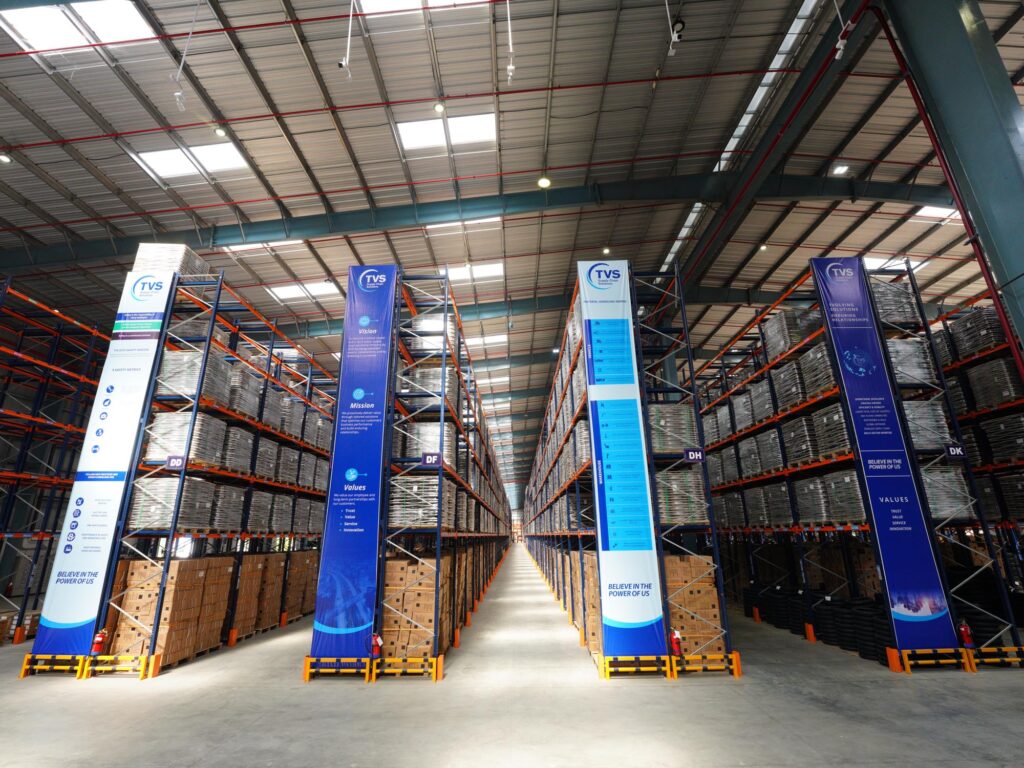
Technology has been a central enabler. The company’s proprietary warehouse and transport management systems are integrated with AI for predictive capacity planning, POD management, and even AI-assisted quality checks in warehouses. “We’ve moved away from app-heavy driver interfaces to WhatsApp and SMS-based solutions, making adoption seamless,” Sukumar points out.
Balancing Scale with Inclusivity
On the question of consolidation in the trucking industry, Sukumar acknowledges the intuition that larger players are gaining ground but stresses the continuing relevance of small fleet operators. “Owner-drivers and small-volume truckers still have a role, particularly where unidirectional or variable traffic exists. But they must adapt – embracing GPS-based tracking, maintaining high-quality containers, and ensuring their vehicles meet the demands of modern highways,” he advises.
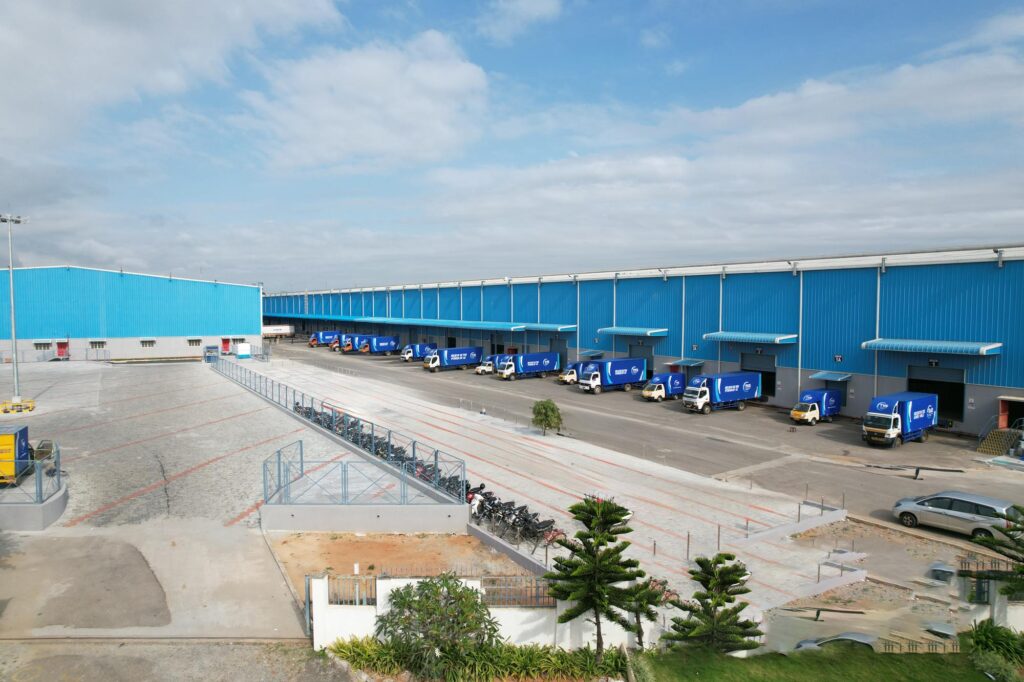
Sustainability is another non-negotiable. “Customers are beginning to measure carbon footprints, and logistics partners must align with these programmes. Smaller operators who share data transparently and participate in sustainability initiatives will remain relevant,” he adds.
A Distinct Competitive Edge
When pitching to customers, Sukumar underlines TVS SCS’s positioning as a solutions company rather than a traditional logistics player. “We offer three distinct service ranges – global forwarding, integrated supply chain solutions, and integrated final mile – which together cover the full spectrum from warehousing and transportation to last-mile delivery, repairs, and refurbishment,” he explains.
A critical differentiator is the seamless integration of TVS SCS’s proprietary systems with customer ERPs in real time. “Many operators still duplicate data entry in their own systems and in the client’s. Our integration eliminates this friction, underpinned by a strong global process excellence team and certifications across ISO, OSHA, and ESG standards,” Sukumar states. This, he believes, positions the company strongly in the era of “Make in India for the world,” where sustainability credentials of supply chain partners are scrutinised closely.
Leveraging India’s Position in Global Markets
Handling operations across the Middle East and Africa, Sukumar observes that India is increasingly becoming a decision-making hub for multinational supply chains. “We’ve generated more global leads from India than we’ve received from the rest of our network. Clients are open to running back-end operations from our Chennai control tower and Madurai centre of excellence, as it saves them significant cost,” he says.
Replication of successful Indian processes in overseas markets is gaining traction, particularly in Africa, where TVS SCS is leveraging its technology stack and operational expertise.
Opportunities and Challenges Ahead
While improved highway connectivity has reduced intercity trucking times, Sukumar flags last-mile delivery in congested cities as a persistent challenge, worsened by no-entry restrictions and urban traffic patterns. Broader manufacturing dispersal across India is easing one-directional freight imbalances, but technology adoption still requires overcoming a “mental hurdle” around upfront investment.
On driver availability, Sukumar offers a candid assessment: “Getting younger generations to take up long-haul driving as a full-time job is not easy. For automotive logistics in particular, continuity of trained drivers is essential for meeting plant security and operational requirements.”
TVS SCS has invested in driver welfare, providing rest areas, food, and tech-enabled queue management in warehouses. “Gone are the days when drivers waited on the roadside. Our systems now notify them of dock schedules via QR codes, and driver lounges are equipped with coolers and real-time status screens,” he notes.
Looking Ahead
With the festive season approaching, Sukumar is optimistic. “Our retail counters will see an uptick, and the slew of EV launches is exciting. We work with almost every EV manufacturer in the country, and this volume is only set to grow,” he says. CKD assembly exports are another promising area, aligning with the company’s vision of making India a global manufacturing and logistics hub.
As Sukumar sums up, “The future is ours to take – if we continue to innovate, integrate, and adapt to the shifting needs of our customers.”



